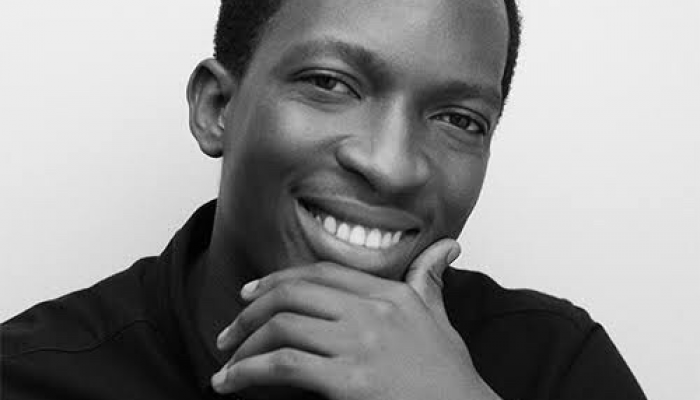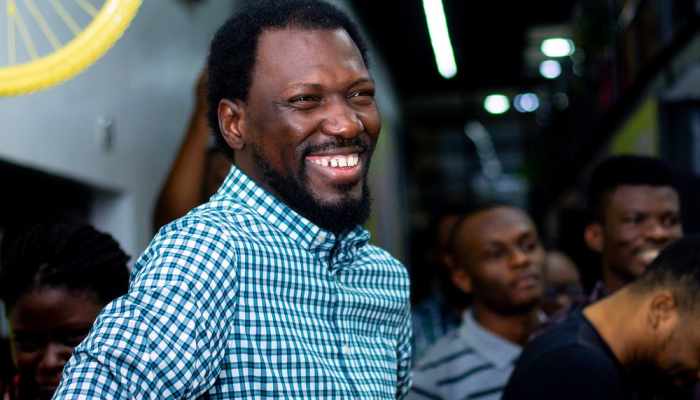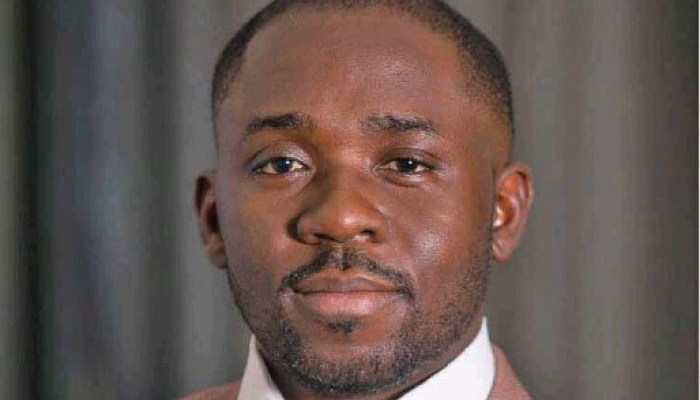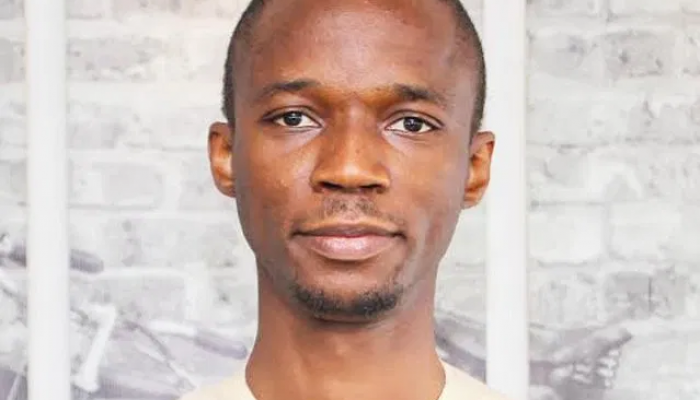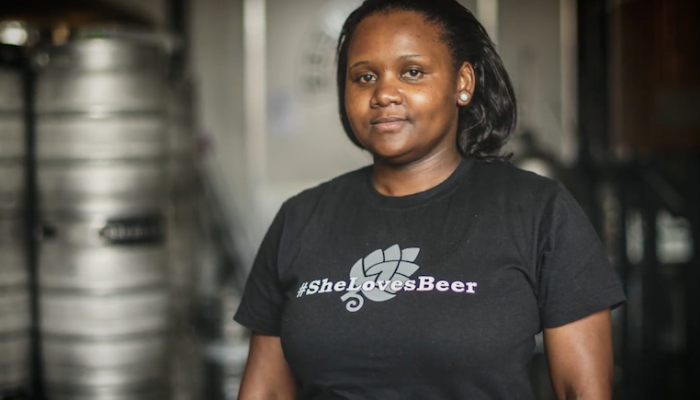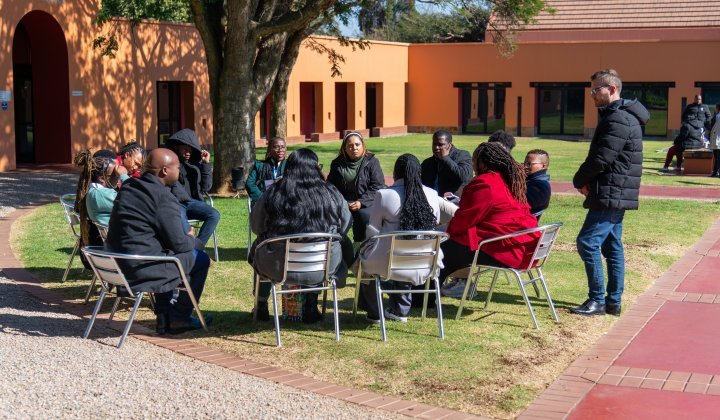Speaking in mid-March this year in the Nigerian capital, Abuja, newly-appointed director-general of the World Trade Organization, Dr. Ngozi Okonjo-Iweala, gave a ringing endorsement of the prowess of young Africans in the areas of commerce and innovation. She singled out Flutterwave, a Nigerian fintech company now valued at nearly US$1 billion.
Flutterwave, which is making huge strides in Nigeria and globally, recently signed a deal with PayPal to get back into the Nigerian market. In the words of its CEO, Olugbenga Agboola, “For Africa to leapfrog, we need to have three things: logistics, payments and commerce." Agboola also stated that Africa's payment types are different and diverse, but they work. Flutterwave has built a common payment infrastructure that connects everything and makes it easy for a business to accept payments online or in-store. The company has an enviable track record and has built a good book of blue-chip clients such as Safaricom and Airtel.
In the agriculture space is Alley Capital Group. Its CEO, Piwai Chikasha, and COO, Takudzwa Chapadza, are Zimbabweans, and their company specialises in crop spraying services using advanced precision drones to service farmers, especially small ones. Although originally from Zimbabwe, Chikasha and Chapadza met as strangers at an aeronautical engineering college in Ukraine. They discovered a mutual interest in development, and their friendship quickly turned into a business partnership. After graduating and moving back to their home country, they started toying with different project ideas in earnest. Nothing was off the table.
“We always had this idea of transferring all the knowledge we gained in Europe back to Zimbabwe,” they said, explaining that they had decided that the agricultural sector, with its ubiquitous, polluting, diesel-powered tractors, would be a valuable starting point.
Another success story is Jobberman, founded 12 years ago by Opeyemi Awoyemi (33), Ayodeji Adewunmi (37) and Olalekan Olude (37) in their dormitory at Obafemi Awolowo University in Nigeria. Its purpose is to help connect people looking for jobs with companies that are hiring.
According to Adewunmi, described as the company’s chief visionary, “We were all students at that time, and in August 2009, I struck gold while reading about the making of Naukri.com in the book Stay Hungry, Stay Foolish by Rashmi Bansal.”
Jobberman.com has become West Africa’s most popular job search engine and aggregator. Today, it attracts over 5,000 unique users each day. Through simple yet cutting-edge technology, Jobberman helps link qualified personnel to the right job opportunities. In 2011, US investment firm, Tiger Global, became a Jobberman investor. By 2012, Jobberman had become the single largest job placement website in sub-Saharan Africa. In February 2012, it earned eighth position in Forbes magazine’s Top 20 Tech Start-ups in Africa. In 2016, according to Wikipedia, Facebook CEO, Mark Zuckerberg, named the three founding members as “examples of young Nigerians using digital technology to make an impact across Africa.”
In another very large vote of confidence, US-Irish payments firm, Stripe, itself valued at US$32 billion, last year acquired Nigerian start-up, Paystack. The price tag: a cool US$200 million. Paystack, like Stripe, provides a quick way to integrate payment services into an online or offline transaction through an application programming interface (API).
Paystack was founded by CEO, Shola Akinlade (34), and CTO, Ezra Olubi (34). According to Akinlade, “For us, it is about the mission. I am driven by the mission to accelerate payments on the continent, and I am convinced that Stripe will help us get there faster. It is a very natural move." Stripe had earlier led a US$8million funding round for Paystack, with others participating, including Visa and Tencent. Paystack currently has around 60,000 customers, including small businesses, larger corporates, fintech companies, educational institutions, and online betting companies.
Apiwe Nxusani-Mawela (37) is the first black woman in South Africa to own a microbrewery. Her company, Brewsters Craft, trains students in the science of beer-making and provides beer quality testing services to professional breweries. Brewsters Craft has a 1,000-litre contract manufacturing brewing facility where it also offers laboratory services to other microbreweries to ensure the quality of their products. Brewsters Craft launched their own beer and cider brand, Tolokazi, in 2019. According to Nxusani-Mawela, “Our competitive advantage is that we use indigenous African ingredients in our beer and ciders.”
A major revolution is also evident in Africa’s entertainment sector led by the Nigerian trio of Burna Boy (29), Wizkid (30), and Davido (28), held by fans to be Africa's “biggest three”. In the recent Grammy Awards, Burna Boy won the Best Global Music Album for his album, Twice as Tall, while Wizkid earned Best Music Video for his collaboration with Beyoncé, Brown Skin Girl. This is affirmation indeed for the sound known as Afrobeats!
Further south is South Africa’s Master KG (25), another African music success whose song, Jerusalema, became a worldwide hit in 2020. The views of these artists' official videos on YouTube and their social media following on Twitter and Instagram is in the millions. Master KG's Jerusalema tops the YouTube log at 367 million views, Burna Boy's On The Low racked up 194 million views, while Davido's Fall,199 million views, and Wizkid’s Joro, 109 million views.
It is patently clear that for these young business superstars, technology is the game changer and, for many, fintech is where they are finding big opportunities. Their businesses are scaling quickly, and they are attracting major investors from around the world. Africa's youth are on the move.
Adetunji Omotola is a public speaker, Africa enthusiast, and Bloomberg Financial journalist.
Twitter: @tunjiomotola



